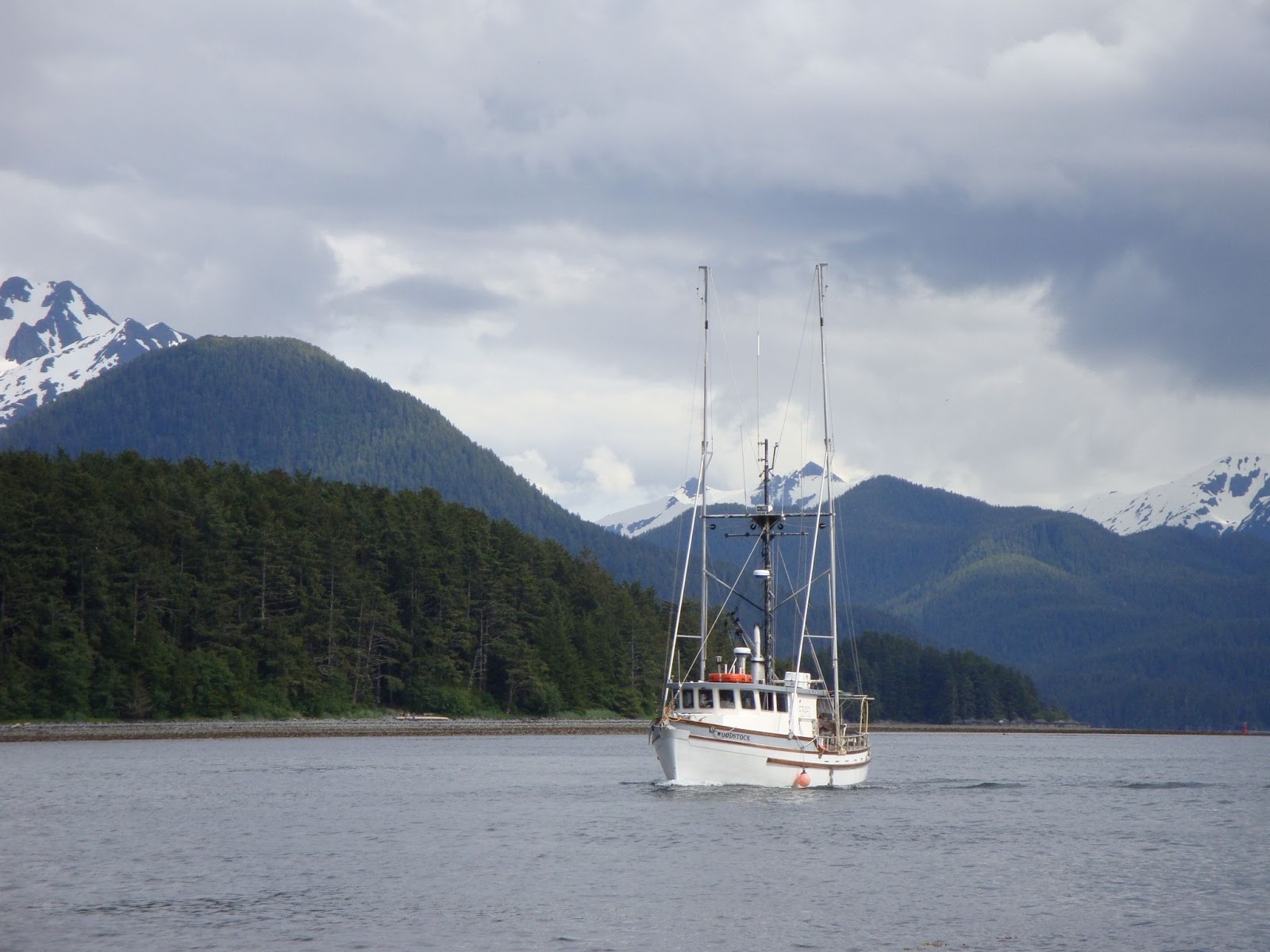Five Communities Join the University of Alaska and REAP to Target Energy Resilience Goals

Alaska communities suffer from a range of high energy costs, energy disruptions, natural disasters and climate change impacts. Technical assistance can help address these challenges and is an important component of creating energy resilience in rural communities. A team from the Renewable Alaska Energy Project and the University of Alaska will facilitate the delivery of community-driven technical assistance to five Alaska communities.
The University of Alaska’s Institute of Social and Economic Research and Alaska Center for Energy and Power are partnering with the Kodiak Island Borough community of Ouzinkie, the community of Sitka and the Sitka-based Alaska Longline Fishermen’s Association. REAP is partnering with the communities of Dillingham, Sitka and Wainwright.
These five communities are among 11 remote, island and islanded communities across the United States chosen to participate in the first Energy Transitions Initiative Partnership Project. Each community faces its own energy challenges, which is why ETIPP focuses on community-driven goals to guide each project.
Throughout the ETIPP process, staff from ACEP, ISER and REAP will work alongside these communities to identify potential solutions for challenges ranging from electrifying fishing vessels or developing hybrid fuel to reducing diesel reliance, upgrading hydroelectric systems and distribution grids, and resilience strategic planning for microgrid control systems.
To help identify and implement potential solutions, additional resources will be available to communities through Sandia National Lab, National Renewable Energy Laboratory, Lawrence Berkeley National Lab and Pacific Northwest National Laboratory.
Other selected communities include energy projects in Maine, Hawaii and North Carolina, facilitated by their respective regional partners.
It’s an exciting opportunity to bring our communities closer to their unique energy resilience goals, share lessons learned among the cohort and expand the program to additional communities in the future.
The ETIPP project will last approximately 12 to 18 months, so follow on the Alaska Rural Energy Partnership Facebook page, REAP’s website and #ETIPP as the projects move forward.
Photo courtesy of Mim McConnell, Shelter Cove Publishing.


